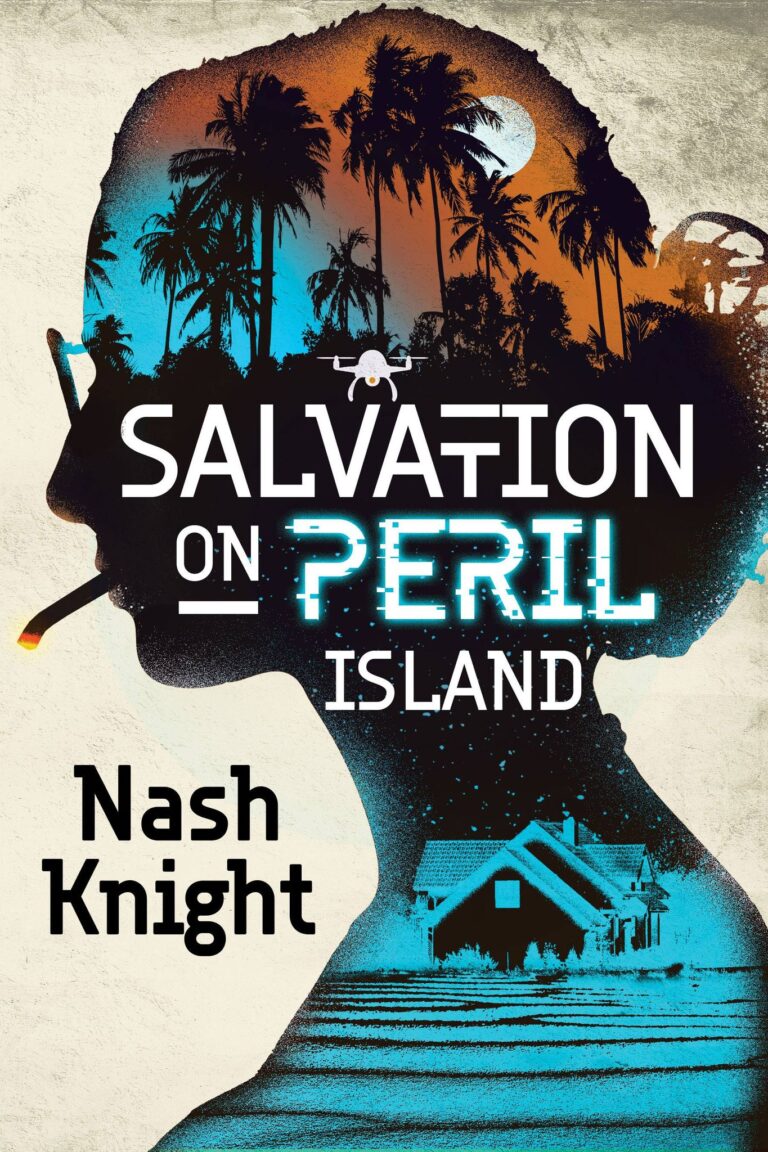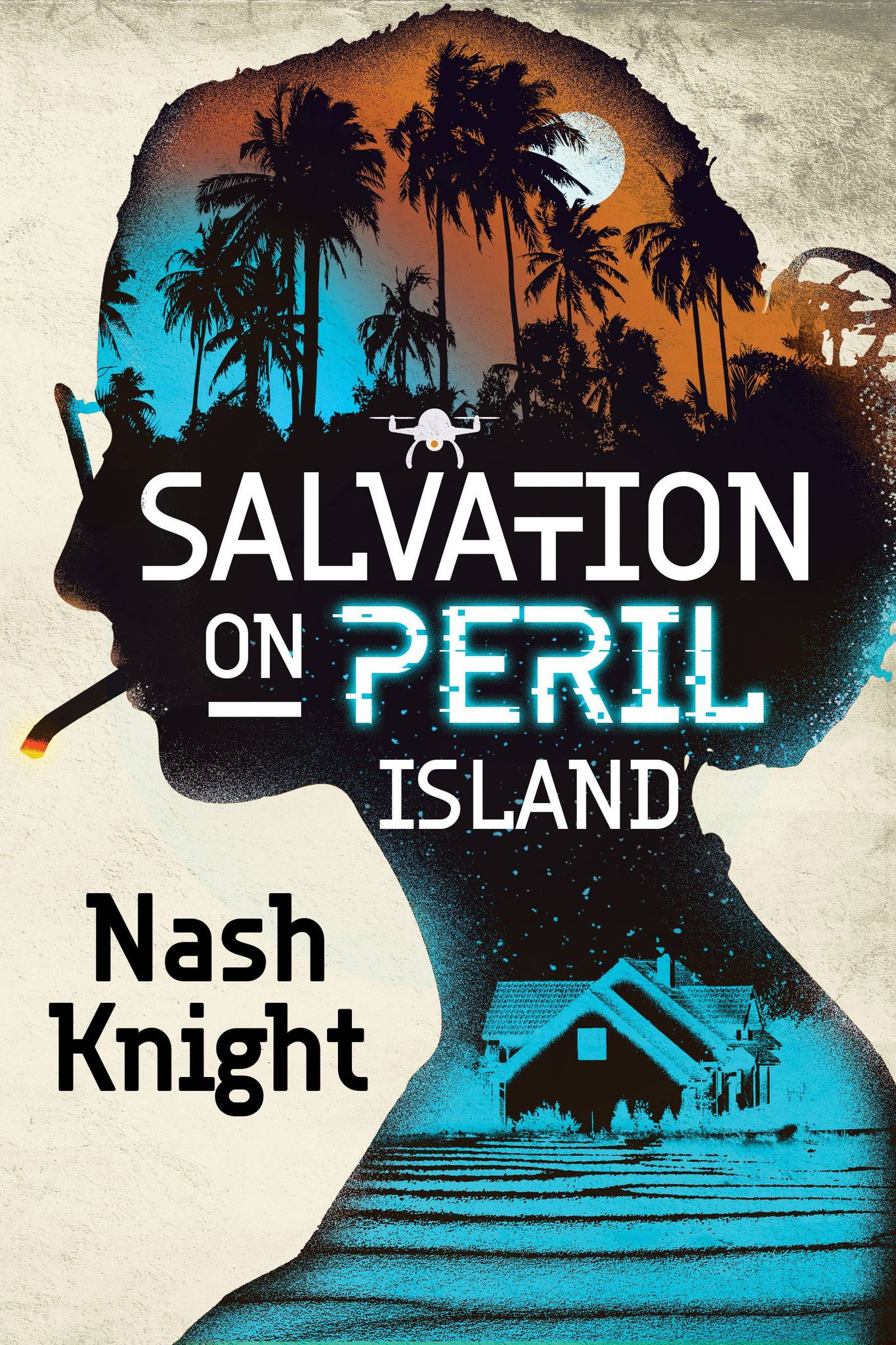Nash Knight’s SALVATION ON PERIL ISLAND is a book about life in a state that claims to be free and progressive, but leaves many of its citizens feeling stifled and without purpose. The Progressive States of America broke away from the old United States due to political conflicts related to President Trump, and joined with a number of other countries in making a number of reforms that ensure that every citizen can be fed and housed, with hyper-speed trains making travel easy and swift across the country, and between nations that are party to the agreement. However, the government also monitors and tracks every citizen at all times, and places maximum limits on income and property ownership.
Most of the book is spent on discussing varying characters’ reactions to the new way of life, whether anger and protest, withdrawal into an online world, entire rejection of the all-pervasive online world in favor of a life spent doing “real” things, or simply going on with their lives as best they can. The politics feels a bit simplistic, postulating changes that seem more unrealistically ideological, less human and nuanced than real political developments tend to be, and conversations can feel at times more like social and political commentary than actual dialogue between real human characters. It helps that Clarice is visiting from out of town and needs to be updated on what people are doing, but in places, the worldbuilding and related commentary threatens to overwhelm the story and slow down the plot. This is not necessarily a negative, though, for those who really enjoy political and sociological speculation about potential futures. (In other places, by contrast, the worldbuilding seems a bit incomplete – for one thing, we hear next to nothing about what’s going on in the remaining United States, where one would think there’d be some dramatic developments as well, especially with a leader who, love him or hate him, is certainly a regular source of drama.)
The emotional connection between Clarence and Clarice, at least, feels like a real sibling relationship – not always positive, especially on his side, but too deep to be denied even in the face of a desperate desire to escape everything else. The main plot twist is hinted at, and even, for alert eyes, telegraphed at a few places in the book, but it’s still an intriguing revelation, whether you realize it sooner or later. All in all, SALVATION ON PERIL ISLAND provides a moderately entertaining story, but concentrates more on providing political and sociological food for thought – it’s more likely to appeal to those who love to argue politics than those who were looking for action or suspense.
SALVATION ON PERIL ISLAND is an interesting speculative look at one side of an America broken in two over political differences, and at the struggle to make our own lives matter, at least to ourselves.
~Catherine Langrehr for IndieReader


